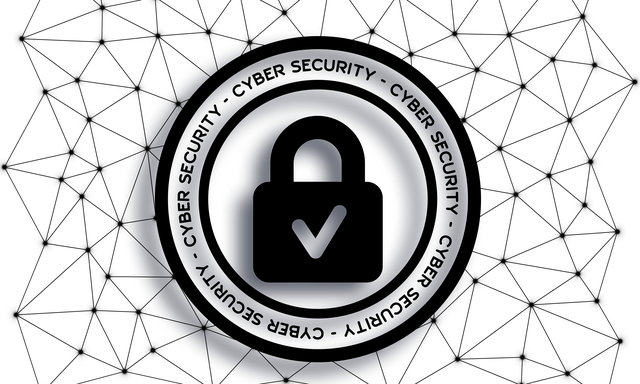
We all know that sharing is important, but so is privacy. When it comes to something as important as your Social Security number (SSN), you must exercise caution. Being comfortable with sharing your Social Security number comes from knowing what to look for from the person you’re sharing it with. CNET’s Dan Avery shares tips and tricks on when and when not to share your Social Security number.
When to Freely Share Your Social Security Number
Social Security numbers are critical identifiers. Sharing your Social Security number is important, because it helps you prove you are who you say you are. For example, banks or anywhere you can get a loan, will need your SSN.
Additionally, any employer will need your number. This is because your Social Security number helps keep track of your taxes and your earnings, to later base your benefit off your work history.
Some companies might ask for your Social Security number. This is only ever for their identification records. You aren’t in any danger if you share your number with these groups — but you also aren’t required to share it, if you are uncomfortable in any way.
And the Times to Never Ever Share Your Number
In the digital world, we often have to deal with scams. Fraudulent Social Security scams will ask for your number, or more likely, demand it by claiming you’re in trouble! Always remember, if it doesn’t feel right, it probably isn’t.
For example, remember that the IRS does NOT call or send texts as a main form of contact. The IRS especially does NOT threaten legal action or claim you have days to pay as a first warning. Paige Hanson, Norton LifeLock’s cyber safety education chief stated, “If you are not the one initiating the conversation, you should never offer your personal information.”
It’s hard to know when to trust someone or something. If you’re ever in doubt, ask for clarification or for a second pair of eyes from someone you do trust. And trust that the Council for Retirement Security is working hard to protect seniors’ benefits. That way you can rest easy, knowing your benefits are twice as secure.



